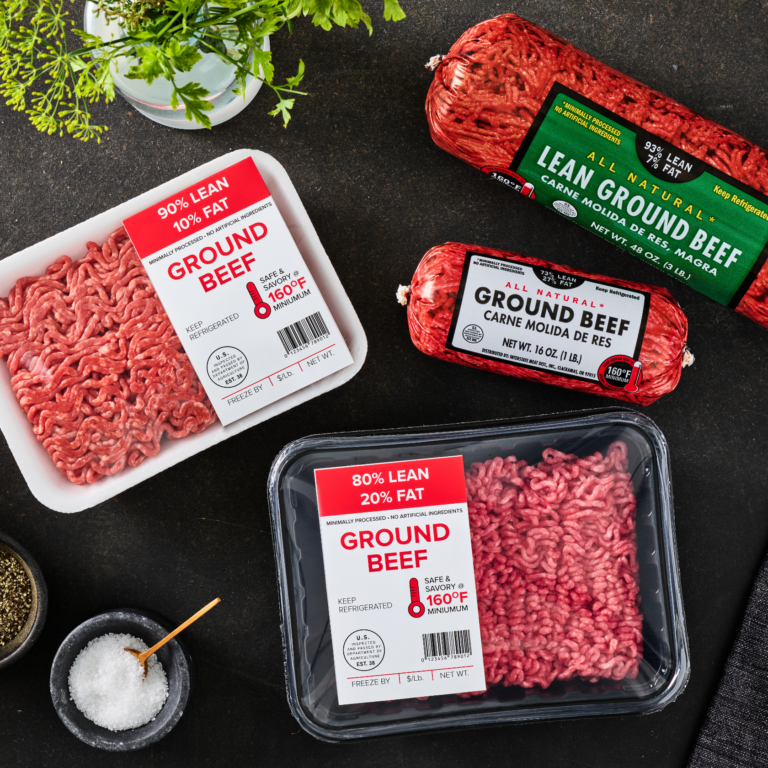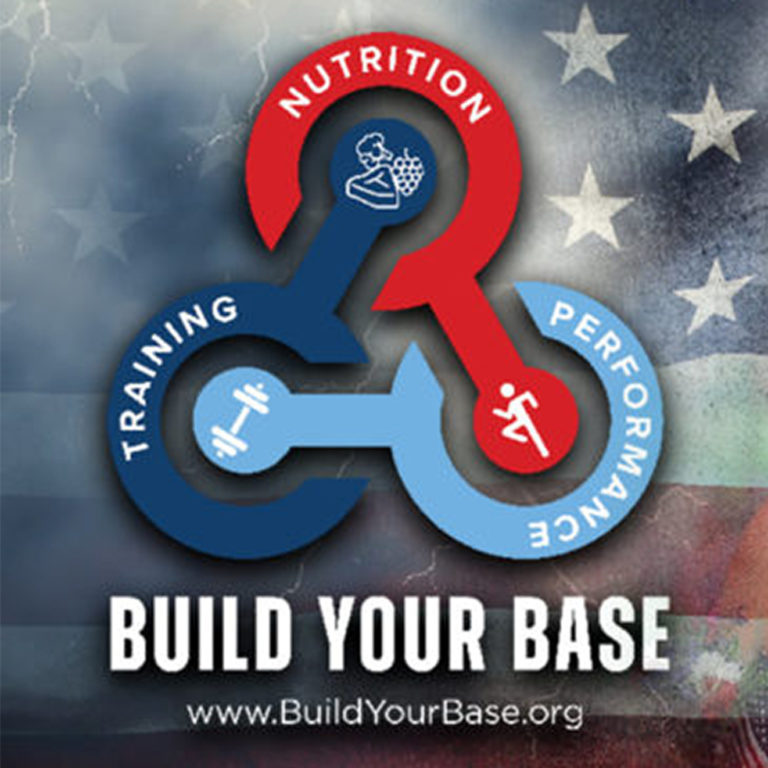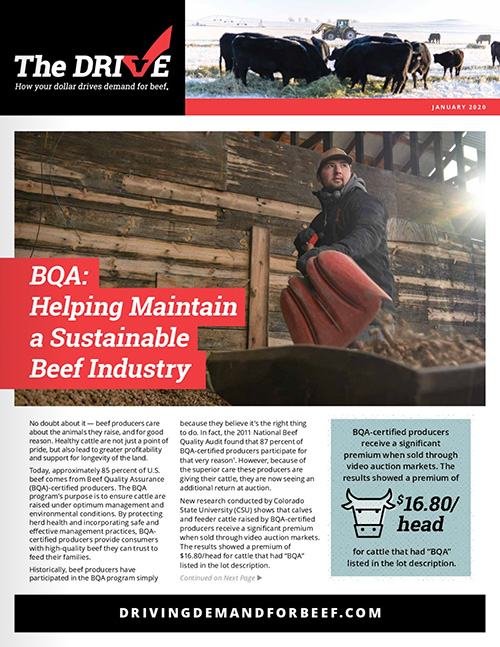Beef’s Advantages Take Center Stage in Doctors’ Offices
Nine Out of 10 Healthcare Professionals Advocate Beef Consumption After a Successful Medical Office Outreach Campaign1
In a world where opinions on what to eat are so diverse, many consumers find themselves relying on the recommendations of doctors and medical professionals. With their wealth of knowledge and experience, doctors are seen as trusted guides for both people’s individual health and for parents looking to give their children the most nutritious meals. Knowing the significance of a doctor and patient relationship, the Beef Checkoff ensures that doctors and medical offices are well informed about lean beef’s role in a balanced, nutritious diet.
Strong Minds, Strong Bodies Toolkits
Recently, a beef toolkit, Strong Minds and Strong Bodies, which focused on school-aged and adolescent nutrition, was delivered to 3,324 targeted family practice and pediatric health professionals across 48 states. The toolkit materials included a “Dear Health Professional” letter, a MyPlate teaching tool and beef tips and recipes for parents. Of the toolkits delivered, 51 percent of them went to pediatric offices and 49 percent went to family practice1.
Following the delivery of the toolkits, a post-program survey was sent out to medical professionals and consumers to measure the program’s success.
Responses showed 91 percent of professionals have already recommended beef to patients and 95 percent of consumers have prepared or plan to prepare meals that include beef since receiving these materials1. Additional results showed:
- More than 7 in 10 professionals feel a more favorable impression of beef as a nutritious, high-quality protein food to support children1.
- More than three-quarters of professionals feel more knowledgeable about the role of beef as a nutritious, high-quality protein food to support children1.
- Seventy-four percent of consumers said their health professional specifically recommended beef as a nutritious part of a balanced meal1.
- Receiving the handout from their health professional makes 76 percent of the respondents more likely to prepare a meal for their child that includes beef1.
Heart Health Cookbooks
Additionally, heart health cookbooks were delivered to 854 family practice and cardiology professionals nationwide. Within those cookbooks were a health professional letter written by the cookbook author in collaboration with the beef nutrition team, a beef research booklet, and pamphlets on lean beef in a heart-healthy diet that medical professionals could share with their patients.
Responses to this effort were also very positive, with 76 percent of medical professional and consumer respondents saying they found the cookbook to be valuable1. Respondents commented on how visually appealing the cookbook was and how the letter added a personal touch. One respondent specifically added, “The research studies were very informative for providing evidence for including lean beef in a healthy, balanced diet.”
The doctor’s office mailing program is only one part of the Beef Checkoff’s nutrition and health program. This promotion would not be possible without Checkoff-funded human nutrition research, which is the foundation for all industry nutrition education and communication initiatives. Explore the current Checkoff-funded human nutrition research projects and resources that are shared across consumer and health audiences.
- Pulse Survey Platform. (May 2023). “2023 Family Practice/Pediatric Professional Outreach Post-Program Research Results.” Retrieved from the National Cattlemen’s Beef Association.
The Beef Checkoff program was established as part of the 1985 Farm Bill. The checkoff assesses $1 per head on the sale of live domestic and imported cattle, in addition to a comparable assessment on imported beef and beef products. States may retain up to 50 cents on the dollar and forward the other 50 cents per head to the Cattlemen’s Beef Promotion and Research Board, which administers the national checkoff program, subject to USDA approval.


























































































